Prevent Bad Breathe
- Prevent bad breath by brushing your teeth and flossing twice a day, especially after meals that contain food and spices known to cause bad breath. Remember to brush your tongue, or try using a tongue scraper, to remove any trapped food and plaque caught in the tiny hair-like fibers on the tongue. Finish off your brushing by rinsing thoroughly with water or mouthwash.
- Prevent bad breath by visit your dentist on a regular basis (every six months or as indicated by your dentist) for a complete examination of your teeth and gums and thorough cleaning by the dental hygienist.
- Preventing bad breath is achievable when you have dental problems treated as they occur, such as tooth decay, gum abscesses, and abscessed teeth.
- An easy way to prevent bad breath is to chew parsley after a meal. Parsley contains chlorophyll, a known breath freshener.
- Place a few drops of tee tree oil or peppermint oil on your tongue or use the oil on your toothbrush along with your toothpaste. Alternatively, select a toothpaste or mouth rinse that contains these natural oils known for their antibacterial properties to assist in the fight against halitosis causing bacteria.
- Preventing bad breath from smoking is easy when you take the necessary steps to quit smoking, as this is the only way to eliminate bad breath from the use of cigarettes, which is also responsible for periodontal disease.
- Avoid foods known to cause bad breath such as garlic, onions, cabbage, certain spices, and coffee.
- A dry mouth, also known as xerostomia, is a major factor when it comes to bad breath. Sip water throughout the day and during meals. Chew sugar-free gum or dissolve a sugar-free candy slowly in your mouth to keep help produce more saliva.
- The use of sugarless gum, mints, breath strips, or breath spray may increase the flow of saliva in your mouth necessary to keep it cleansed throughout the day, plus add a crisp, minty aroma in place of your bad breath. Keep in mind that even though these products do freshen your breath, the effects are usually temporary and do not necessarily prevent bad breath. If you are using breath fresheners on a regular basis, consider choosing one that contains xylitol, a sweetener that some studies have shown to reduce cavities. Avoid products that contain sugar to prevent the accumulation of plaque.
- Occasionally use a mixture of 50% hydrogen peroxide and 50% water, as a mouth rinse. Hydrogen peroxide will help kill the bacteria that cause bad breath.
- The use of commercially marketed breath freshening kits and bad breath remedies may help prevent bad breath, although there is generally insufficient research that had narrowed down a cure for bad breath. Ask your dentist or pharmacist before you invest in these products.
